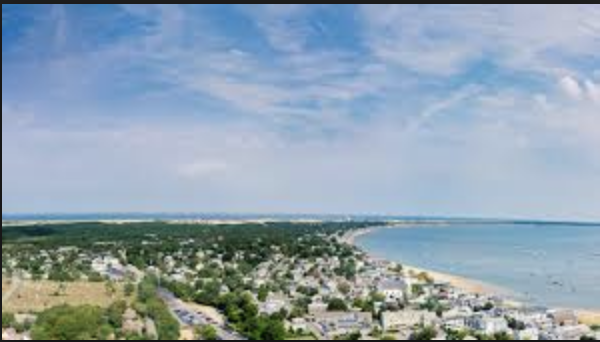Coastal Towns Charge the Most Permit Fees Per Capita in Massachusetts
One of the ways local governments raise revenue is by requiring permits and licenses for various activities. Occupational licensing laws, which require a series of tests, education, and fees before someone can enter certain professions, are administered at the state level. However, local governments charge permit fees for changes to buildings, new businesses, reviews of historic property, recreational events, and other behaviors. In 2016, Massachusetts municipalities collected just over $362 million in revenue from fees for licenses and permits.
The economic argument for permit fees is that the person paying for the government-service is the person benefitting from that service. A common example of this would be using tolls to fund roads. Drivers, the beneficiaries of government-provided roads, are the ones who pay for that service, as opposed to spreading the burden across all taxpayers. Such a funding mechanism is often referred to as a “benefits tax.”
In theory, license and permit fees should work similarly: the fee government charges should be equal to the cost of administering the given license or activity. However, local governments often charge fees that are much higher than their administrative costs, using them to instead raise general revenue. That is a mistake.
The World Bank observed that overly burdensome permits and fees can significantly worsen a local business climate. For example, placing a large fee on obtaining a permit for a new entrepreneurial enterprise is a barrier to entry that makes it harder for new firms to form and thrive. The World Bank’s answer is to reduce the fee to whatever the cost of the service is, or eliminate them altogether if the permit does not improve general social welfare.
Through Pioneer Institute’s MassAnalysis transparency tool, users can access financial data for all 351 Massachusetts cities and towns, and compare municipalities similar to their own. Using the MassAnalysis tool, one can find data on how much towns raise per capita through fees for licenses and permits. Below are the 10 cities and towns in Massachusetts that collect the most revenue per resident from licensing and permit fees.
| Municipality | Revenue from licensing and permit fees per Capita (2016) |
| Provincetown | $345 |
| Cambridge | $270 |
| Dennis | $234 |
| Edgartown | $189 |
| Duxbury | $178 |
| Nantucket | $157 |
| Boylston | $153 |
| Needham | $148 |
| Somerville | $140 |
| Boston | $138 |
Five of the top 10 are beach towns: Provincetown, Nantucket, Dennis, Edgartown, and Duxbury, while Boston and Cambridge also have significant waterfront (the former has Carson Beach and the latter has the Charles River Inlet. Looking at the website for licensing fees in Provincetown, one possible explanation for the high level of fees per capita might be that they have more retail, entertainment, and lodging facilities per capita than towns that do not host a lot of tourists during summer months. However, waterfront activity and more tourism-focused retail are weaker explanations for high fees per capita in Needham, Boylston, and Somerville. These towns may want to reconsider these permit fees.



